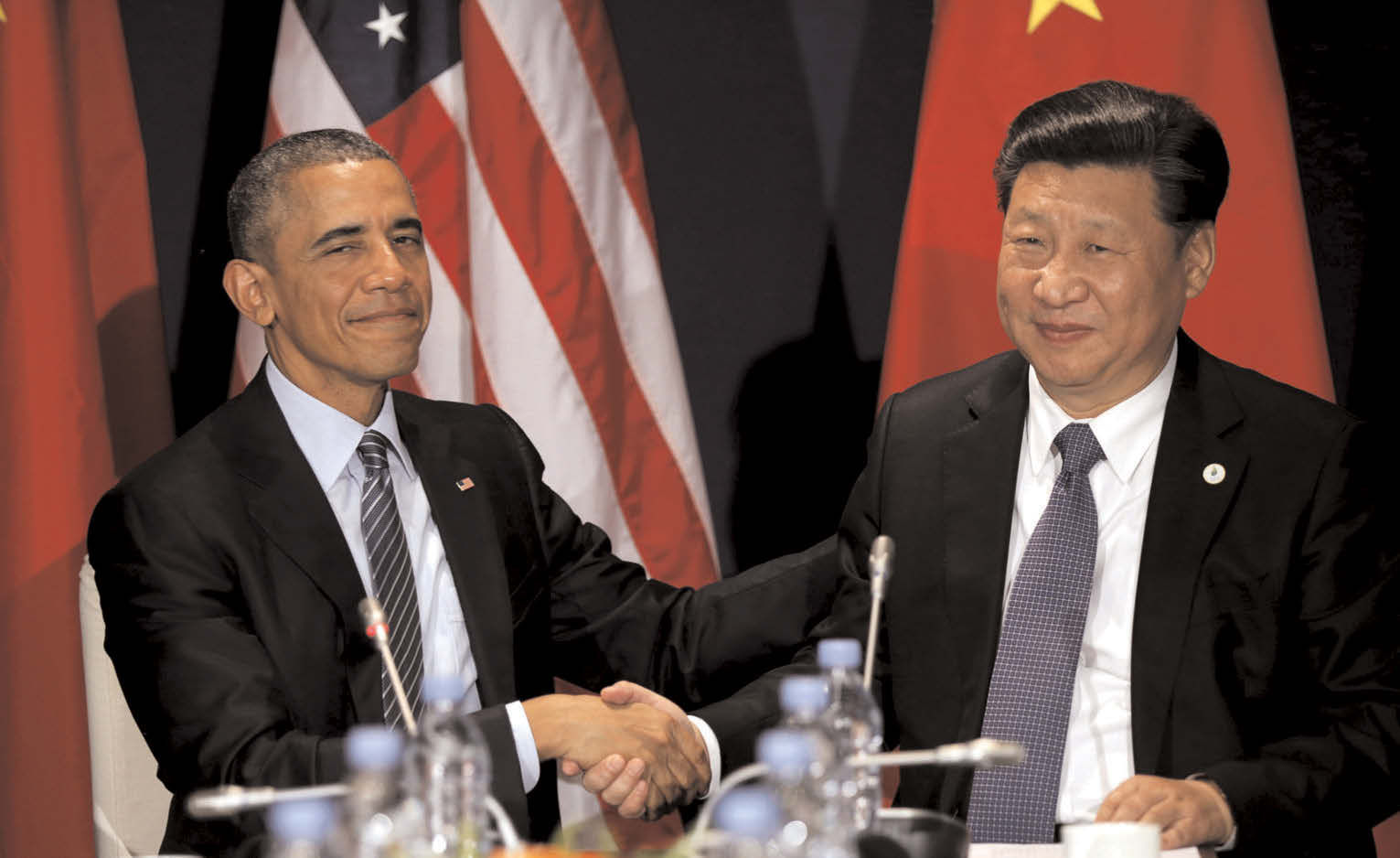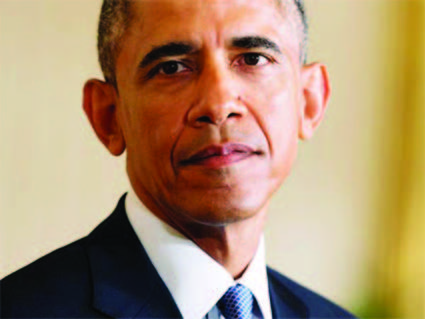
WASHINGTON (TIP): Declaring that 2014 can be the “breakthrough year” for America and the US is “better-positioned for the 21st century than any other nation on Earth”, US President Barack Obama warned the country’s lawmakers on January 28 that he would use his executive powers to boost economic recovery and narrow the gap between rich and poor if they did not move on critical legislation.
Obama used his fifth State of the Union address, the first in his second term, to challenge Republicans in a gridlocked Congress that he feels has thrown sand in his economic agenda, urging them to pass laws relating to minimum wage, immigration reform, and tax code, among other issues, to take advantage of the growing momentum in the US economy.
“For the first time in over a decade, business leaders around the world have declared that China is no longer the world’s number one place to invest; America is… and over half of big manufacturers say they’re thinking of insourcing jobs from abroad,” Obama told lawmakers in a 70-minute address that contained an upbeat assessment of the US economy, even as he railed about stagnant wages — while the rich got richer — because of divisive politics in Washington.
“So let’s make that decision easier for more companies. Let’s end incentives to ship jobs overseas, and lower tax rates for businesses that create jobs right here at home,” he added, warning that while he was eager to work with Congress on legislation, he would take executive steps whenever and wherever he could to expand opportunity for Americans. The president’s tone could result in a sharp uptick in Washington’s confrontational politics where legislators jealously guard their law-making privileges.
Obama announced an executive order raising minimum wage for workers employed by federal contractors to $10.10/hour, and urged businesses across the country to follow suit without waiting for legislation. Many lawmakers are reluctant to back this move believing it will adversely affect businesses and their ability to add jobs. In an address that was light on foreign policy and did not contain any reference to India, Obama also outlined a new paradigm on overseas wars, saying he will not send US troops into harm’s way unless it is truly necessary, nor will he allow them to be mired in open-ended conflicts.
“We must fight the battles that need to be fought, not those that terrorists prefer from us — large-scale deployments that drain our strength and may ultimately feed extremism,” he added, effectively signaling an end to the Bush-era policy of taking on terrorists on their home turf. Specifically on Afghanistan, he said a small force of Americans could remain in the country with Nato allies to carry out two narrow missions: training and assisting Afghan forces and counterterrorism operations to pursue any remnants of al-Qaida. According to a CNN/ORC International survey, only three in 10 Americans think Obama should make unilateral changes to deal with major issues. Forty-four per cent of respondents had a very positive reaction, with 32% saying they had a somewhat positive response and 22%with a negative response.





Be the first to comment